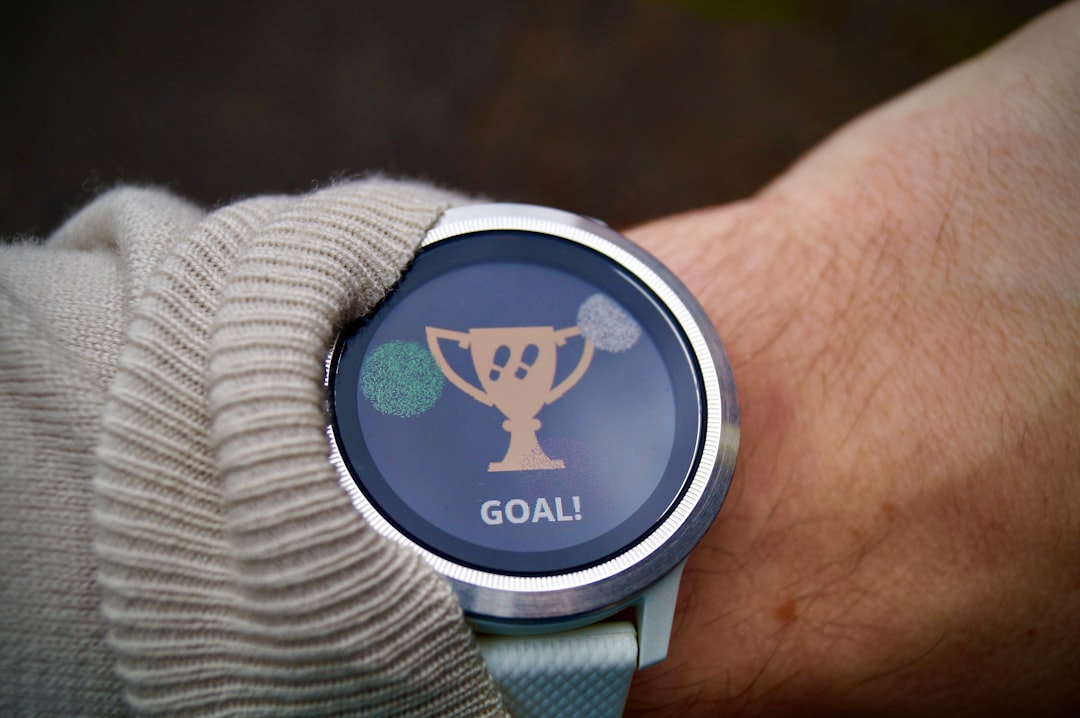We’ve all been there, haven’t we? January 1st rolls around, and we’re brimming with motivation, ready to conquer the world. “This year,” we declare, “I’ll finally write that book, run that marathon, or master a new skill!” But as the weeks turn into months, that initial spark often fades, leaving us feeling defeated and wondering where our willpower went. If this sounds familiar, you’re not alone. The truth is, relying solely on willpower is a recipe for inconsistency. What if I told you there’s a more reliable, sustainable way to achieve your aspirations? It’s all about shifting your focus from fleeting motivation to building powerful, repeatable systems. Let’s dive in! 😊
The Willpower Trap: Why It Often Fails Us 🤔
Willpower is often lauded as the ultimate key to success, but modern behavioral science suggests a different story. Our willpower is a finite resource, much like a muscle that tires with overuse. Every decision we make throughout the day, from choosing what to wear to resisting a tempting snack, depletes our mental energy. By the time we face our most important goals, our willpower reserves are often running on empty.
Research indicates that our brains are wired for immediate gratification, making it incredibly challenging to resist short-term temptations for long-term rewards. This “present bias” means that the comfort of procrastination often wins out over the ambiguous future reward of a completed goal. In fact, a University of Scranton study found that 92% of people fail to achieve their New Year’s goals. This isn’t a personal failing; it’s a design flaw in relying on an unreliable mechanism.
While willpower can be strengthened like a muscle through “micro-sucks” (small, challenging tasks), it’s not a sustainable foundation for long-term goal achievement. Systems, on the other hand, aim to reduce the need for constant willpower.
Understanding Systems: Your Blueprint for Inevitable Success 📊
So, if willpower isn’t the answer, what is? The solution lies in building robust systems. A system is a set of repeatable processes and structures that make achieving your desired outcome easier and more automatic, largely removing the need for conscious decision-making and willpower. As James Clear, author of “Atomic Habits,” famously states, “We don’t rise to the level of our goals. We fall to the level of our systems.”
Systems shift your focus from the end result to the daily actions and habits that compound over time. They are process-oriented, iterative, and designed for a long-term perspective, fostering consistency and gradual improvement.
Goals vs. Systems: A Comparison
| Aspect | Goals | Systems | Benefit |
|---|---|---|---|
| Focus | Desired Outcome | Daily Actions & Habits | Consistent Progress |
| Motivation | Willpower-dependent | Built-in, automatic | Reduced Burnout |
| Longevity | Finite (once achieved) | Sustainable, ongoing | Lasting Change |
| Adaptability | Rigid, easily derailed | Flexible, iterative | Resilience to Setbacks |
While systems are powerful, goals still provide direction. Think of goals as your destination and systems as the vehicle that gets you there. A balanced approach often combines both.
Key Checkpoints: Remember These Essentials! 📌
Have you been following along? This article is packed with information, so let’s quickly recap the most crucial points. Please keep these three things in mind:
-
✅
Willpower is Limited:
Relying solely on willpower for long-term goal achievement is unsustainable due to its finite nature and our brain’s preference for immediate rewards. -
✅
Systems Create Automaticity:
Well-designed systems automate decisions and actions, making desired behaviors easier to perform consistently, even when motivation is low. -
✅
Focus on the Process:
Shift your attention from the end goal to the daily habits and routines that form your system, ensuring continuous progress and lasting change.
Designing Your Personal Success System 👩💼👨💻
Building an effective system doesn’t have to be complicated. It involves a few key steps that leverage behavioral science to make desired actions almost inevitable. The goal is to make the right action the easiest action.
- Break Down Goals into Manageable Steps: Large goals can be overwhelming. Break them into smaller, actionable tasks. This creates a clear roadmap and provides incremental achievements, releasing dopamine and reinforcing positive behavior.
- Establish Consistent Routines & Habits: Consistency is the backbone of success. Design daily and weekly routines that prioritize tasks related to your goals. Allocate specific time blocks for focused work. Remember, it takes an average of 66 days for a new behavior to become automatic, but it can range from 18 to 254 days.
- Optimize Your Environment: Your surroundings play a huge role in your decisions. Make good habits obvious and easy, and bad habits invisible and difficult. For example, lay out your workout clothes the night before, or remove distracting apps from your phone.
- Utilize Technology and Tools: Leverage project management tools, calendars, and habit-tracking apps (like Trello, Asana, Habitica, Streaks) to streamline processes, set reminders, and track progress. Many apps use gamification and rewards to keep you engaged.
- Pre-Commitment & Accountability: Make decisions in advance to make it harder to back out. Schedule workouts, meal prep, or share your goals with an accountability partner. This creates external pressure and reduces reliance on in-the-moment willpower.
- Iterate and Adapt: Systems are not static. Regularly review what’s working and what’s not. Be flexible and willing to adjust your routines based on feedback and changing circumstances.
When designing your systems, plan for your “worst day.” Assume you’ll be tired, stressed, and unmotivated. How can your system still ensure you take action? This makes your system robust and resilient.
Real-World Example: Mastering a New Skill with Systems 📚

Let’s consider Sarah, a marketing professional who wanted to learn to code in Python to advance her career. She initially relied on willpower, signing up for an online course but quickly falling behind.
Sarah’s Situation
- Goal: Learn Python and complete a personal project within 6 months.
- Initial Approach: Relying on motivation to study after work, often leading to procrastination.
System Implementation
1) Time Blocking: Sarah scheduled 1 hour every weekday morning (6:30 AM – 7:30 AM) for coding practice, before her work day began. This utilized her peak energy hours.
2) Environment Design: She set up a dedicated “coding corner” in her apartment, with her laptop open to her coding environment and a cup of coffee ready. She also put her phone in another room.
3) Habit Stacking: She linked her coding session to an existing habit: “After I finish my first cup of coffee, I will code for one hour.”
4) Small Wins & Tracking: She used a habit tracker app to mark off each day she coded, providing visual progress and a small reward (a sense of accomplishment).
5) Accountability: She joined an online coding community and committed to sharing her weekly progress.
Final Result
– Sarah consistently coded for 5 hours a week, even on days she felt unmotivated.
– She completed her Python course and launched her personal project (a small web scraper) within 5 months, ahead of schedule. Her new skills led to a promotion.
Sarah’s story highlights that it wasn’t a sudden surge of willpower that led to her success, but rather the deliberate creation of a system that made consistent action almost effortless. By removing friction and automating decisions, she made progress inevitable.
Wrapping Up: Your Path to Lasting Achievement 📝
In a world full of distractions and fleeting motivation, the ability to consistently work towards your goals is your superpower. By understanding the limitations of willpower and embracing the power of well-designed systems, you can transform your aspirations into tangible realities. It’s about building a framework that supports you, even on your toughest days, making success not just possible, but inevitable.
So, what system will you start building today to achieve your goals in 2025? Share your thoughts in the comments below! 😊
